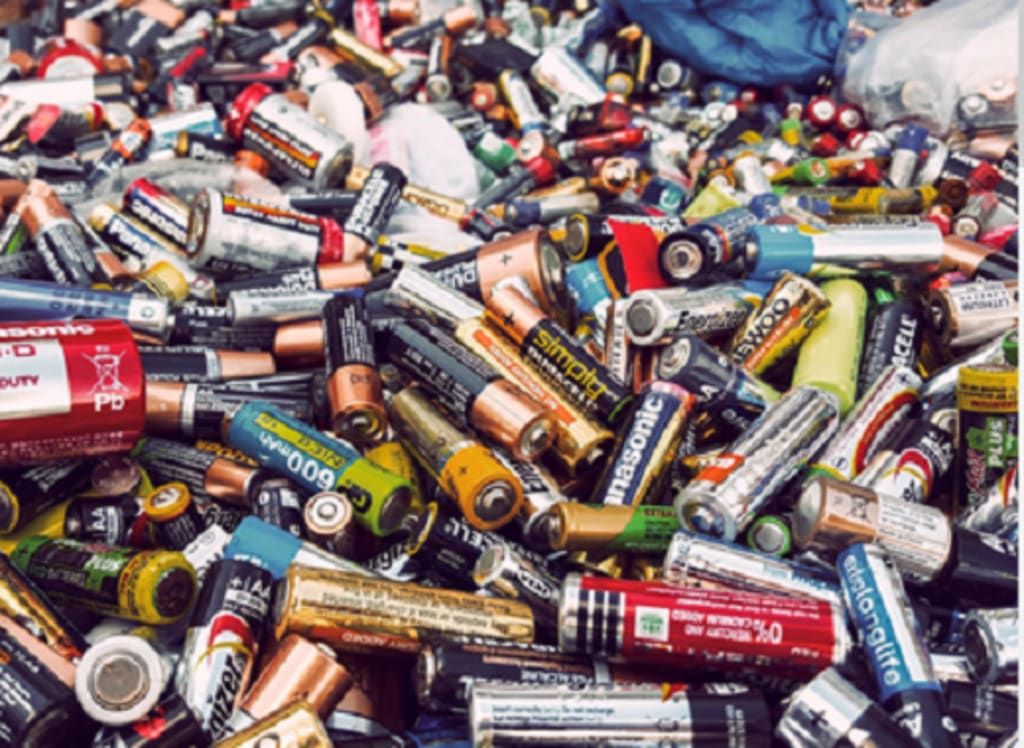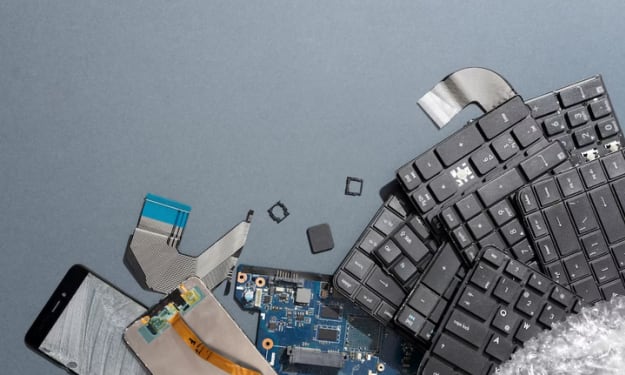How to safely dispose of batteries: A step-by-step guide
battery dispose

Introduction:
Batteries have become an essential part of our daily lives, powering a wide range of devices from smartphones to vehicles. However, improper disposal of batteries can pose significant environmental and health risks due to the presence of toxic chemicals. This guide aims to provide a step-by-step approach to safely dispose of batteries, minimizing their impact on the environment and human health. It emphasizes responsible disposal practices and educates individuals on the importance of recycling batteries.
Understand Battery Types and Hazards:
The first step in safely disposing of batteries is to identify the different types and understand their potential hazards. Common battery types include alkaline, lithium-ion, nickel-cadmium (Ni-Cd), and lead-acid batteries. Each type contains different chemicals and poses varying risks if mishandled or improperly disposed of. It is important to note that certain types, such as lithium-ion batteries, can be prone to fire hazards.
Separate Batteries:
To ensure proper disposal, it is crucial to separate batteries by type. This is because different battery chemistries require specific recycling processes. Sort batteries into categories such as alkaline, lithium-ion, Ni-Cd, and lead-acid, and store them in separate containers or bags accordingly.
Check Local Regulations and Collection Points:
Next, familiarize yourself with local regulations regarding battery disposal. Different regions may have specific guidelines and requirements for handling and recycling batteries. Research local recycling facilities, drop-off points, or collection events that accept batteries for safe disposal. Municipal waste management centers or electronics retailers are often equipped to handle battery recycling.
Recharge and Reuse (if applicable):
If the batteries are rechargeable and still in good condition, consider reusing them before disposal. This step can extend their lifespan and reduce the frequency of disposal. Rechargeable batteries can often be recharged using specific chargers, prolonging their usefulness.
Prepare Batteries for Disposal:
Before handing over batteries for recycling, take a few precautionary steps to prevent any potential accidents. If possible, place each battery in a separate plastic bag to prevent contact between different types or terminals. Tape the terminals of lithium-ion batteries to avoid short-circuits. This pre-disposal preparation ensures the safety of individuals handling the batteries during transportation and recycling.
Drop-off or Collection Events:
Once batteries are properly prepared, take them to a designated drop-off point or a collection event. These locations ensure that batteries are handled by professionals who can safely manage their recycling and disposal. Be sure to follow any instructions provided by the collection point staff.
Mail-In Programs:
In areas where drop-off locations are not readily accessible, consider mail-in programs for battery disposal. Many organizations and companies offer prepaid shipping envelopes or boxes for individuals to mail their batteries for proper recycling. Research reputable mail-in programs and follow their instructions for packaging and mailing batteries.
Educate Others:
Spread awareness about the importance of battery recycling and responsible disposal practices. Encourage family, friends, and colleagues to follow proper battery disposal methods. Share this guide or relevant resources to help others make informed decisions regarding battery waste management.
FAQs:
Q1: Why is it important to dispose of batteries properly?
A1: Improper battery disposal can lead to environmental pollution and pose health risks due to the presence of toxic chemicals and heavy metals.
Q2: Can I throw batteries in the regular trash?
A2: No, batteries should not be thrown in regular trash as they can end up in landfills and contaminate the soil and groundwater.
Q3: Can I recycle all types of batteries?
A3: Different battery types require specific recycling processes. It is important to check local regulations and recycling facilities to determine which batteries are accepted for recycling.
Conclusion:
Properly disposing of batteries is essential to protect the environment and human health. By following this step-by-step guide, individuals can safely dispose of batteries and contribute to reducing the negative impact of battery waste. Responsible battery disposal through recycling helps conserve resources, prevents toxic materials from contaminating the environment, and supports the creation of a sustainable future.
About the Creator
Enjoyed the story? Support the Creator.
Subscribe for free to receive all their stories in your feed. You could also pledge your support or give them a one-off tip, letting them know you appreciate their work.





Comments
There are no comments for this story
Be the first to respond and start the conversation.